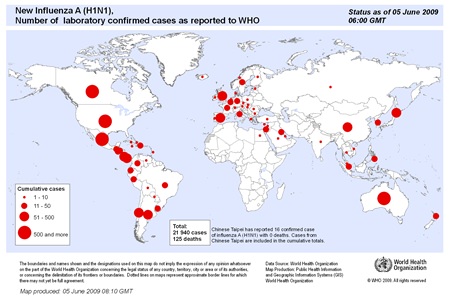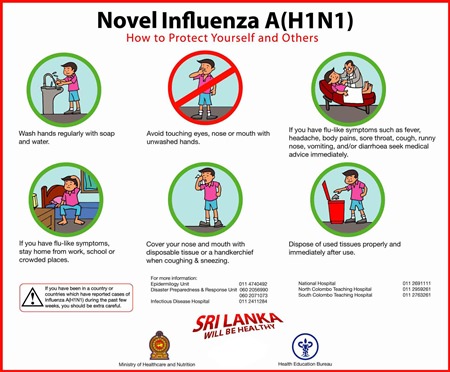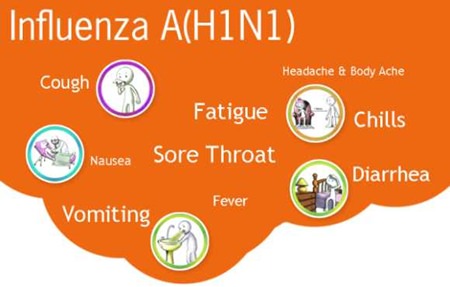BANGKOK, 7 July 2014 -The Bureau of Emerging Infectious Diseases of the Ministry of Public Health has warned the general public to be careful of the Seasonal Influenza virus which tends to be wide spread during seasonal change and changes in temperature.
The Influenza Virus (H1N1) was first discovered in 2009 in Mexico and the United States of America, and later spread to many countries around the world. Statistics from the Bureau of Emerging Infectious Diseases, for January 2014 until June 27th, 2014, found that within the Kingdom there were already 40,122 patients infected with the virus and 55 had already died, but even so, no wide spread infection was detected.
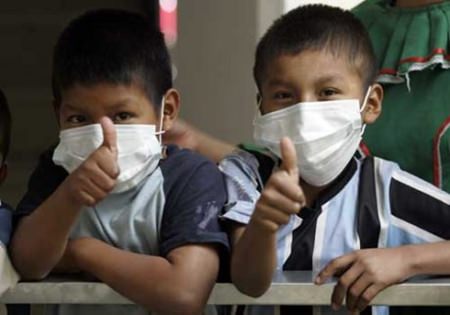
The virus contaminates mucus, nasal emissions and the saliva of the patient. The H1N1 influenza is spread through breathing-in germs from the coughing and sneezing of an infected patient within a meter’s proximity . Other ways the virus is spread is through sharing drinking glasses, touching the same door knob, using the same hand towels and sharing telephones. The virus can be passed to another individual through their nose, eyes and mouth. Adult patients with such influenza will start spreading the disease between 3-5 days after being infected, while children will spread it between 7-10 days or more to people with an immunity deficiency.
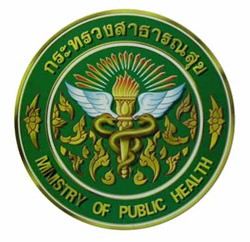
People who are infected are easily recognized with their high fever, high body temperature while feeling cold, with muscle aches especially in the back and thighs. Patients will also experience headaches, feel weary, have a stuffy nose, clear mucus, and a dry cough. Children may experience more nausea, vomiting, and diarrhea than adults.
The General public is advised to wash their hands often, avoid sharing personal belongings such as drinking glasses, towels, plates, telephones, and other belongings that may transmit the disease.
Individuals who feel that they are exhibiting such symptoms are advised to use a warm soaked towel to clean and cool down their body, and take analgesics or painkillers such as Paracetamol, but not aspirin After taking medicine for two days, if the patient has not recovered, they are advised to see a doctor.
Individuals who are infected are advised to rest and get a lot of sleep in a room with good air flow; they should not exercise. Avoid drinking cold water but drink a lot of mineral water. They should eat a lot of nutritious food such as porridge, rice congee, eggs, vegetables, and fruit.
The public health ministry affirmed that such diseases do not require patients to stay in hospital as most will recover after being treated for 5-7 days. However in some cases the patients lungs are so severely infected, that breathing is difficult, and fatigue is intense, and close medical attention is needed to avoid the possible death of the patient.
